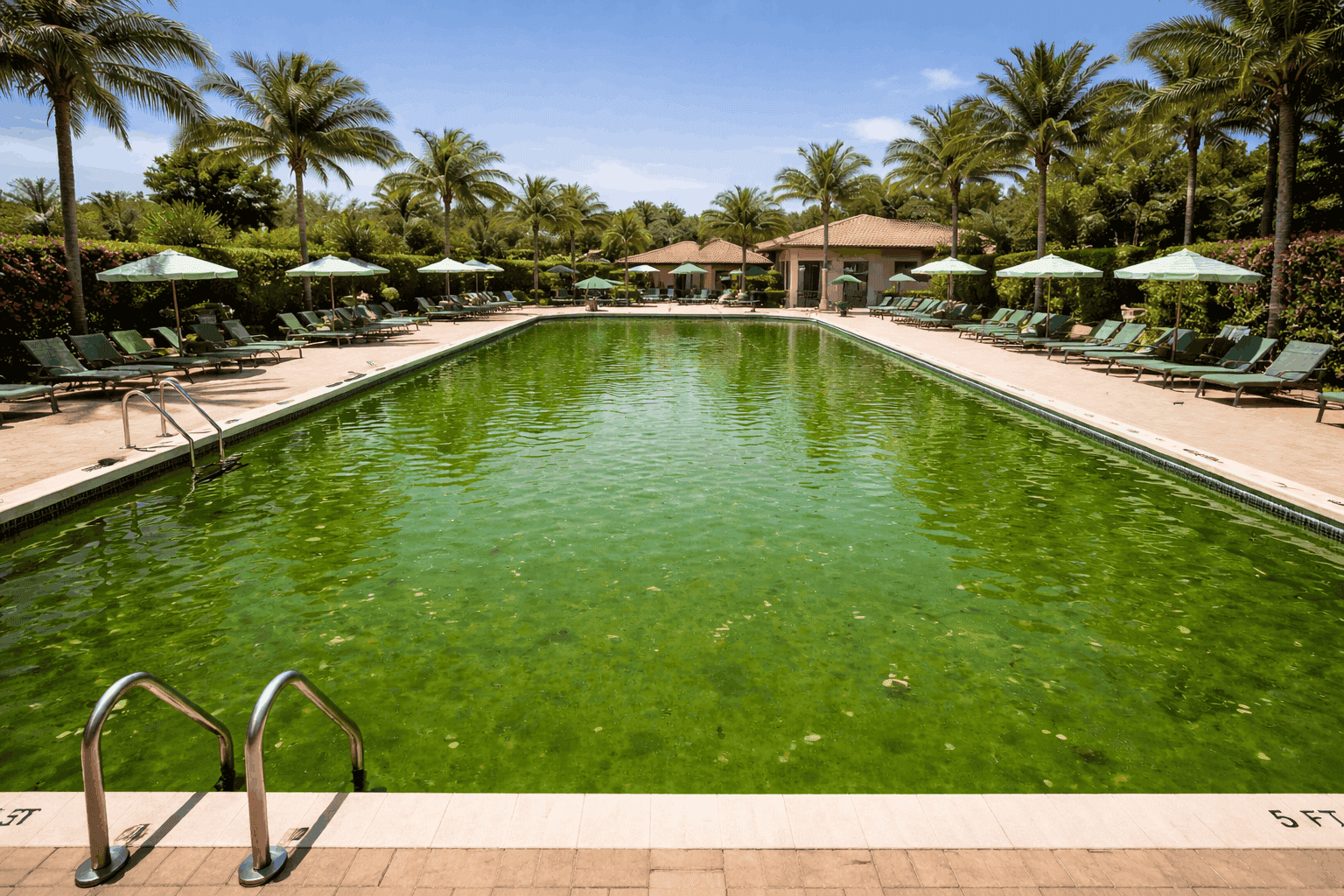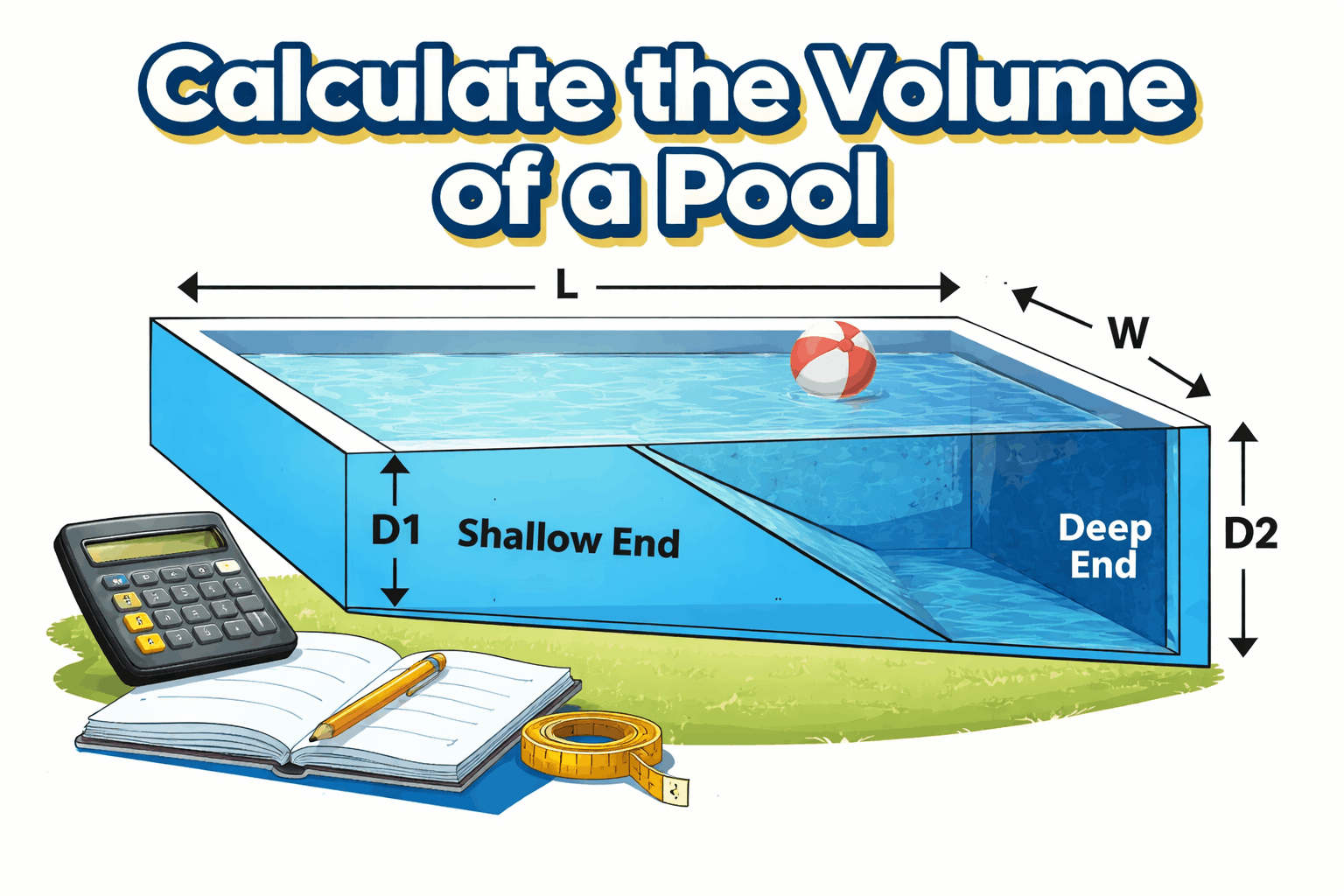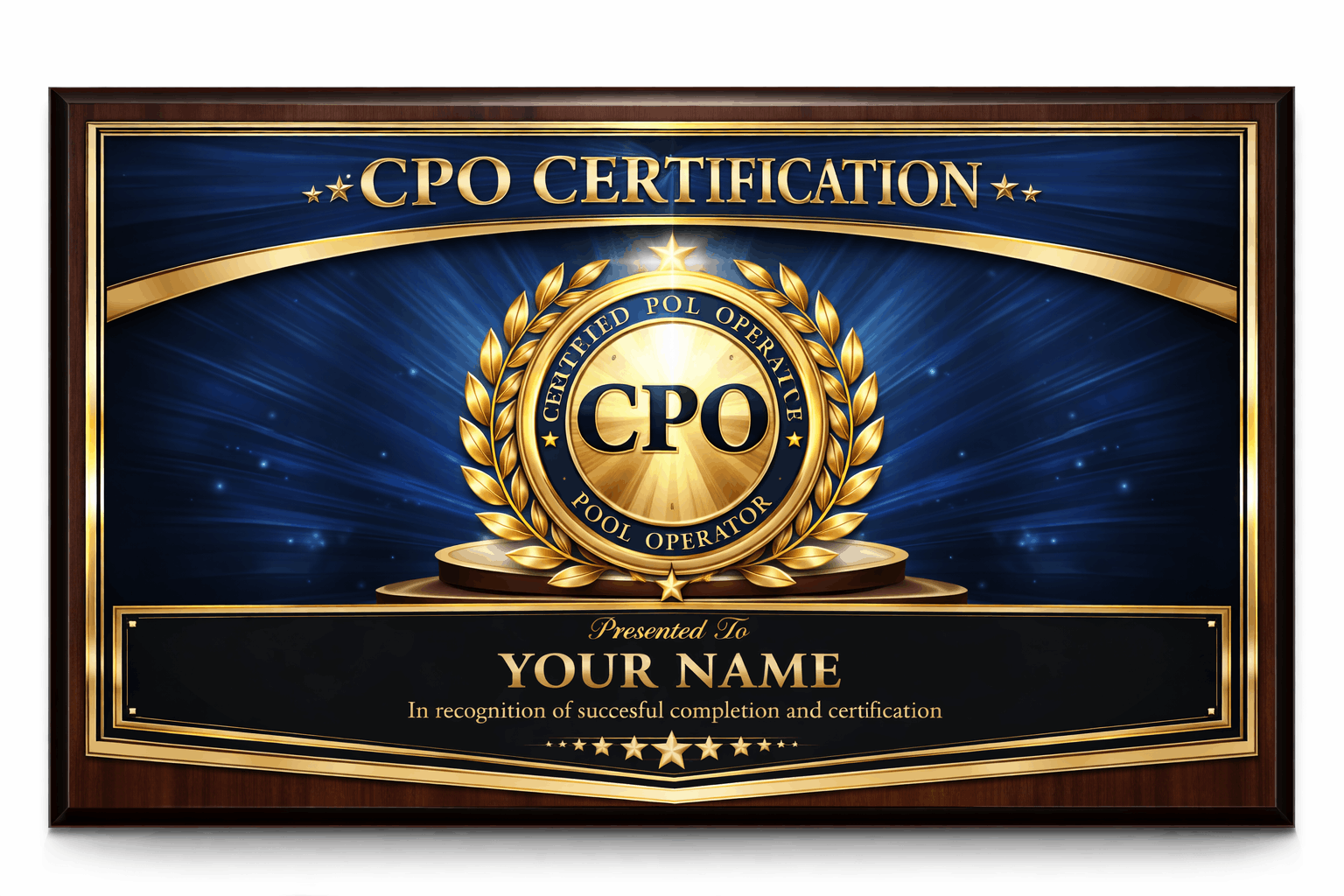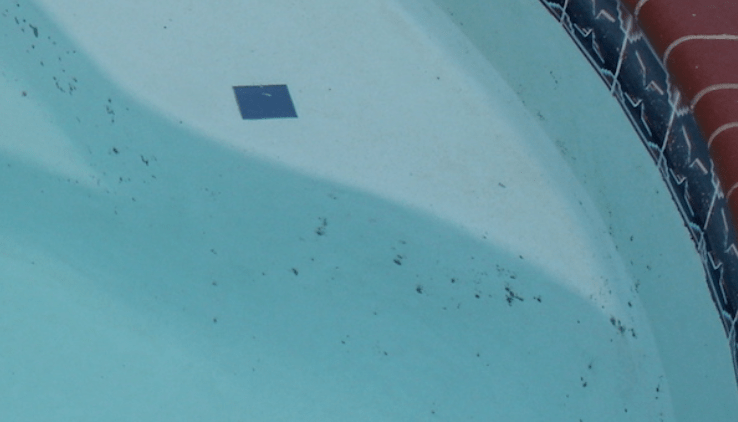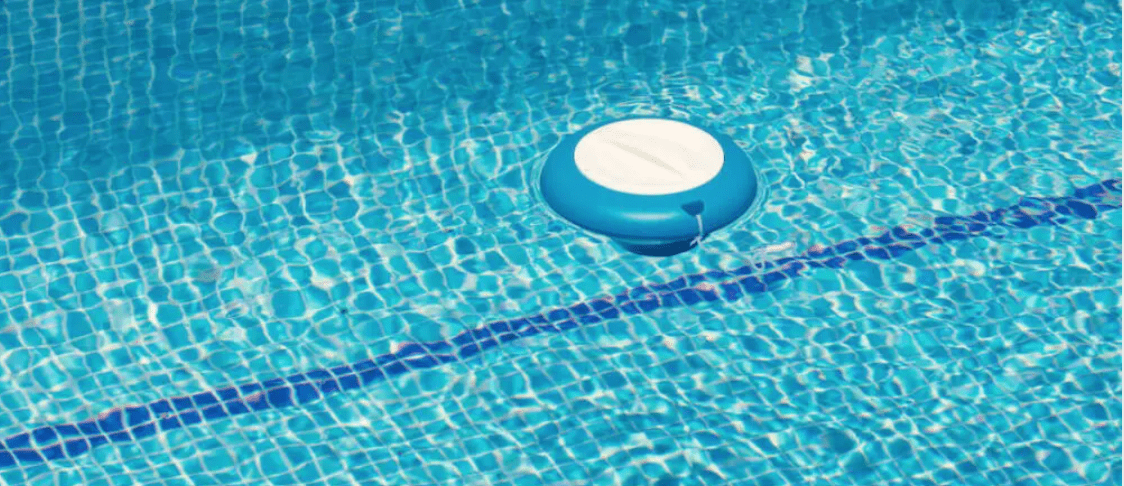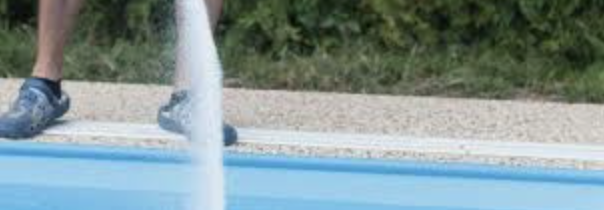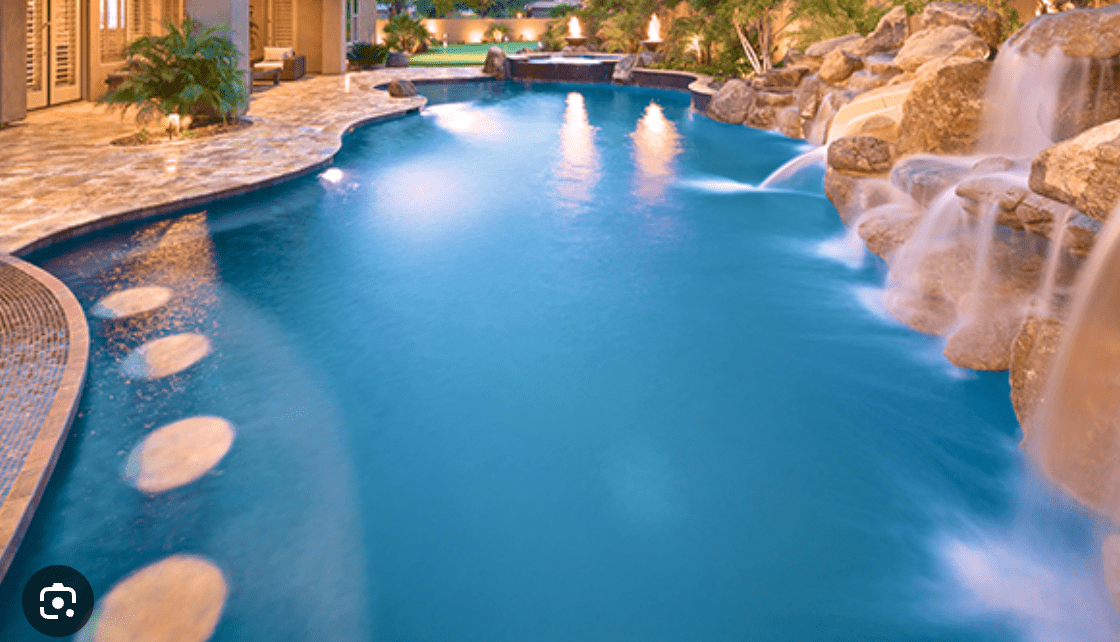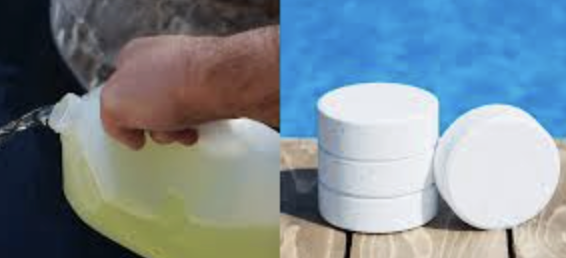A green pool is never a welcome sight, but especially not for commercial, public, or community facilities. Swimmers noticeit immediately, health inspectors ask questions, and sudden closures can disrupt your operations. In other words, it’s an issue that requires your immediate attention.
The Pool Shark H2O Commercial Pool Chemistry Blog
News & Updates

